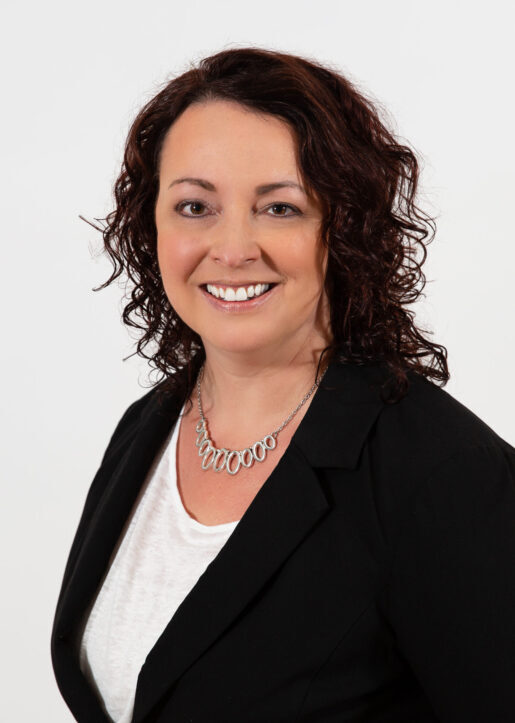While health insurance can limit the amount of money you will need to pay when you seek medical treatment, you may find yourself covering a portion out of pocket. According to Statista, in the US, the average annual health cost per person is $1,233 or $4,932 for a family of 4. Dealing with a big stack of medical bills is enough to make even the strongest stomach feel queasy. The good news is that if you plan properly, you can take charge of how you manage out of pocket medical expenses.
Having a bit tucked away to cover medical expenses is one of the best ways to take the stress out of being sick. Health Savings Accounts and Flex Spending Accounts offer convenient ways to spend pre-tax money on things that are not covered by your health plan. There are some differences between the two types of plans, so it is important to know which is appropriate and available to you.
Flex Spending Accounts (FSA)
Flex Spending can be designated for two common uses, dependent care and medical related costs. For this blog we will focus on FSAs for medical and dental expenses. Both employers and employees can contribute. Employers maintain the ownership of the account and they can be restrictive. Contribution limits are generally quite low, you can only make changes annually and amounts saved can be forfeited if you leave your job or do not spend what you have saved by the end of year. You do not need to use a high deductible health insurance plan to benefit from an FSA. They do offer you the ability to pay for medical, vision and dental costs with pre-tax money. Since contribution limits change annually, and each employer’s plan is different, be sure to get the specifics on your company’s options.
FSA accounts have been available to employees since the 1970’s and continue to be available as a way to help employees prepare for expenses for out-of-pocket medical expenses as well as other qualified expenses.
Health Savings Accounts (HSAs)
For those who have a high deductible HSA eligible health insurance plan, funding an HSA can be a great option. Unlike an FSA, HSA is owned by you and is far more flexible. You may open the HSA at the financial institution of your choosing and unused money can accumulate. Contribution limits are much higher and those age 55 and over can make catch-up contributions. Contribution limits change annually and are different for single and joint tax filers. Be sure to consult your trusted advisor to help you determine eligibility and your tax benefits.
HSAs were introduced in 2003 but have continued to gain popularity. According to the National Institute of Health, currently 1 in 6 insured adults uses an HSA to pay for health-related expenses.
Making High Deductible Insurance Work for You
While having a high deductible health plan can sound expensive, premiums often are lower than PPO health plans. You can use some of the savings in premiums to fund an HSA account. For those who spend a lot of money out of pocket, spending pre-tax can be a better option than using money you had to pay tax on. Getting in the habit of funding an HSA as a young person has big payoffs. Younger people typically spend less on medical care than families and older people. For those who don’t have a lot of medical costs, money can continue to accumulate for future use. Some HSA vendors have options to invest, helping the money grow faster. It’s a good idea to wait to invest until you have saved enough to cover the maximum out of pocket before beginning to invest. You may want to avoid investing money that you may need to access within the year. Using HSA eligible health insurance can put you in the driver’s seat when it comes to managing your out-of-pocket medical expenses.
Planning for Costs in Retirement
While you may not have considered HSAs as a part of your retirement planning, funding an HSA in your working years can help you prepare for retirement. These funds can continue to pay for out-of-pocket medical costs, Medicare premiums, COBRA insurance premiums or long-term care expenses. People who have reached age 65 and enrolled in Medicare can no longer contribute, but they can use money that was already saved. Those age 65 or older can use HSA for expenses for non-medical expenses as well. You will however need to pay tax on any money taken from an HSA for non-medical expenses.
While no one loves spending money on medical expenses, knowing where you are getting the money from makes it less stressful. By creating a regular savings plan to pay for out-of-pocket medical you can focus on feeling better when you need to seek medical care.
 |
Rebecca AgamaiteInvestment Advisor Representative Rebecca joined the firm in 2011 as an Investment Advisor Representative. In this role, she works with clients to manage their investment assets and help them obtain their financial objectives. Rebecca brings a great deal of experience to the team having worked for several years at Marshall & IIsley Bank and MetLife. She earned a Masters of Business Administration degree (with an emphasis on finance) from Concordia University. |
Advisors Management Group, Inc. is a registered investment adviser whose principal office is located in Wisconsin. Opinions expressed are those of AMG and are subject to change, not guaranteed, and should not be considered recommendations to buy or sell any security. Past performance is no guarantee of future returns, and investing involves multiple risks, including, but not limited to, the risk of permanent losses. Please do not send orders via e-mail as they are not binding and cannot be acted upon. Please be advised it remains the responsibility of our clients to inform AMG of any changes in their investment objectives and/or financial situation. This commentary is limited to the dissemination of general information pertaining to AMG’s investment advisory/management services. Any subsequent, direct communication by AMG with a prospective client shall be conducted by a representative that is either registered or qualifies for an exemption or exclusion from registration in the state where the prospective client resides. A copy of our current written disclosure statement discussing our advisory services and fees continues to remain available for your review upon request.



